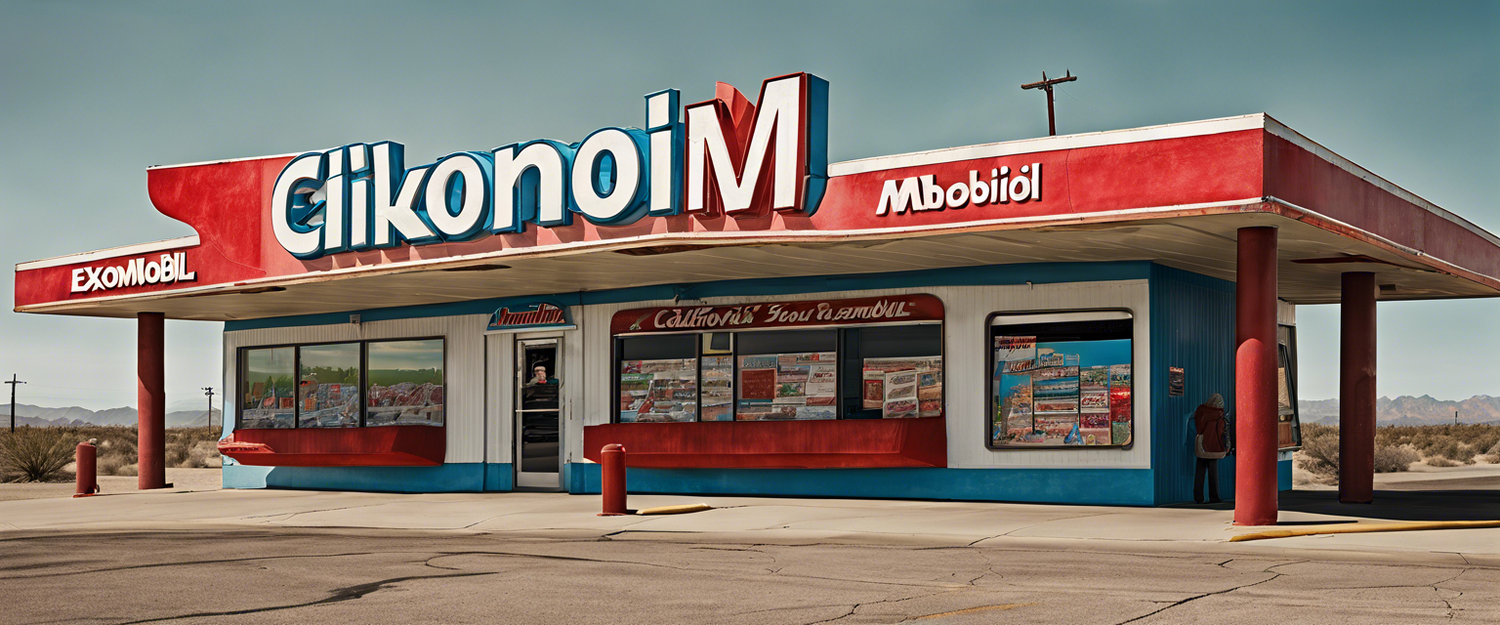California Sues ExxonMobil Over Plastic Recycling Claims
California has launched a significant lawsuit against oil giant ExxonMobil, accusing the company of engaging in a "campaign of deception" concerning plastic recycling. The state alleges that ExxonMobil has misled consumers for years, marketing recycling as a solution to plastic pollution when, in reality, the vast majority of plastic fails to be recycled effectively.
The Myth of Recycling: A Definition
Plastics can be both costly and challenging to recycle, leading to minimal amounts being processed effectively. This has prompted California's decision to hold ExxonMobil accountable for its alleged role in exacerbating plastic pollution.
Allegations Against ExxonMobil
The lawsuit doubles down on claims that ExxonMobil is the largest producer of single-use plastic polymers and that its actions have significantly contributed to the pollution crisis. Attorney General Rob Bonta, in an interview, emphasized the importance of confronting such truths to initiate change.
Public Misconceptions About Recycling
Many consumers, particularly younger ones, have been led to believe that recycling is a sustainable practice. This belief is perpetuated by companies like ExxonMobil, which profit from the selling of plastic products while misleading consumers about their recyclability. According to Bonta, a staggering 95% of plastic items are never recycled, and instead, they end up in landfills, oceans, or incinerated.
Uncovering Documents on Greenwashing
California's investigation revealed documents detailing ExxonMobil's so-called "advanced recycling techniques". Contrary to popular belief, this process does not return plastic to its original form; instead, most of the recycled material gets converted into transportation fuels, which ultimately leads to environmental emissions.
Potential Outcomes of the Lawsuit
If California prevails in this case, the state hopes to achieve several goals:
- Injunction Against Misinformation: ExxonMobil would be prohibited from making false claims about recycling.
- Funding for Cleanup: A proposed abatement fund financed by ExxonMobil to tackle ongoing plastic pollution issues.
- Re-education Campaign: Efforts to inform the public that only 5% of plastic waste is recycled, dispelling the recycling myth.
- Research on Microplastics: Funding for studies on the impacts of microplastics on health and the environment.
- Financial Penalties: Disgorgement of profits obtained through deceptive practices and potential civil penalties.
Impact on Communities
Bonta, reflecting on his heritage as the first Filipino American attorney general in California, emphasizes the personal stakes tied to pollution—particularly in immigrant communities burdened by environmental injustices. Pollution linked to oil and gas operations disproportionately impacts these neighborhoods, sparking a sense of urgency in tackling these issues.
A Personal Perspective on Environmental Impact
The attorney general shared a poignant moment when his daughter expressed concern about the future, recalling her thoughts on not wanting children due to a "dying planet." This illustrates the emotional toll that environmental degradation takes on families and the motivation behind the lawsuit.
Conclusion
California's lawsuit against ExxonMobil represents a critical step in addressing plastic pollution and holding corporations accountable for misleading practices. By shining a light on the recycling myth, the state aims to enact real change that promotes environmental justice and sustainability.



Lasă un comentariu
Toate comentariile sunt moderate înainte de a fi publicate.
Acest site este protejat de hCaptcha și hCaptcha. Se aplică Politica de confidențialitate și Condițiile de furnizare a serviciului.